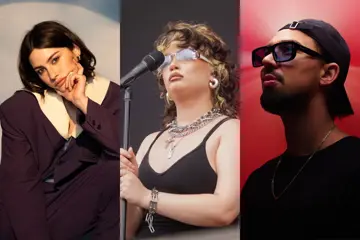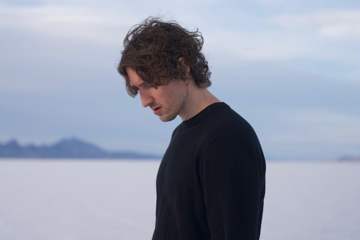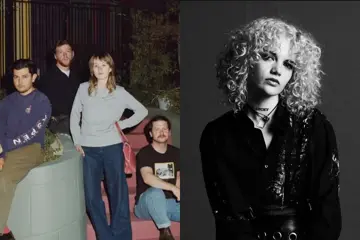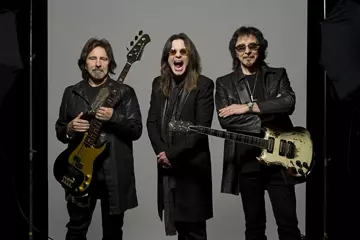"By definition, films are bad," says John Carney. The Irish filmmaker is talking a week before his public diss of Keira Knightley — with whom he worked on 2013's Begin Again — made headlines, but he's clearly in a prickly mood, critical of everything from himself ("I'm 44 and not very cool") to the state of cinema. "It's a phony business, it's a phony art form," Carney says. "Shooting out of sequence, people dressing up in other people's clothes and delivering lines they didn't write and that they don't mean. By definition, films should be a car crash. They're not a poet sitting down to write what's on their mind. They're not a painter sitting down in front of an easel. They're not a writer sitting down in front of a laptop. They're 100 people out on a set trying to remember what a writer who isn't even there did five years ago, with a producer screaming at them because the money is running out, and actors uncomfortable in their skins and other people's clothes. That's a disaster, actually. You'd be amazed that that is ever any good."
"It's a phony business, it's a phony art form. Shooting out of sequence, people dressing up in other people's clothes and delivering lines they didn't write and that they don't mean."
Yet 'authenticity' was what was hailed in Carney's breakout fourth feature, 2007's Once, a tale of Irish buskers making an album, that crashed the 2008 Oscars and led Carney to America. There, he made Begin Again, another film about writing songs, though one more conventional and commercial. He's returned to Ireland for his latest film, Sing Street, which continues the musical theme, telling the story of a crew of high school friends forming a band in 1980s Dublin, inspired by his own experiences.
"It wasn't like the starting point was to tell my story," Carney says. "I saw a schoolkid on a train in London, wearing a school uniform, and he was carrying his guitar over his shoulder. And I remember taking that journey a lot when I was a kid: on my way from school, on my bike, back to band practice. I thought that would be an interesting idea for a film: the greyness of being in school juxtaposed with the joy and fun and colour of being in a band. How opposite those two lives are."
The film is filled with period music - The Cure, Duran Duran, Spandau Ballet - close to Carney's heart. "Each song represents a certain period of my upbringing, or a certain memory, or a certain flashback, or a certain girl, or a certain night or weekend," he says. He's drawn to depicting music-making on screen because "cinema really suits music in an amazing way... Cinema started off with music, from the beginning. When there was no sound, the first thing they had was a pianist playing along".
Don't miss a beat with our FREE daily newsletter
But as much as Carney loves pop songs in films, traditional scores sit alongside Knightley on his shitlist. "Score, nowadays, feels dated; like a remnant of the silent era. Putting scary music next to scary things, or happy music next to happy things, I think that's really cliched and hackneyed. I can't believe that people still do that."















